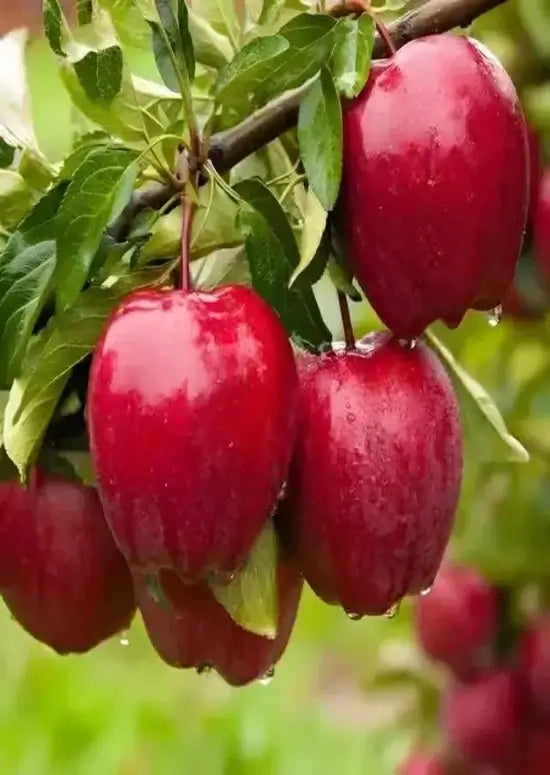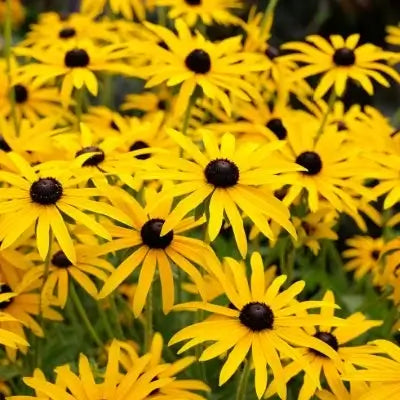CATTAIL PLANT
Scientific Name: Typha latifolia
USDA Climate Zones: 2-11
Height: 3-5 feet
Vegetation Spread Rate: Rapid
Soil Type: Damp
The common cattail is an aggressive growing aquatic herb that can range in height from 3 to 10 feet. The leaves are green, long, slender, and grow perpendicularly to the water with a brown, oblong-shaped flowering head. It is a rapid-growing plant that thrives best in full sun or partial shade with damp soil and some standing water. When growing cattails, keep them contained, or they will spread rapidly.
BULL TONGUE PLANT
Scientific Name: Sagittaria lancifolia
USDA Climate Zone: 5-8
Height: 1-6 Feet
Canopy Spread: N/A
Soil Type: Prefers Moist, Muddy Soils, or Sand
Sun: Prefers Full Sun to Partial Shade
The Bull Tongue Plant, or Bulltongue Arrowhead, gets its name from the distinctive arrowhead-shaped leaves which arise from an underground rhizome system. It is a perennial monocot native to Texas and the south-eastern areas of the United States. The Bull Tongue regularly presents a stem of beautiful clusters of white-to-slightly pink 3-petal flowers 1-5 inches in diameter. Bull Tongue grows naturally in shallow water bodies, marshes, and swamps and makes a great addition to any water garden spot.
DEER BERRY BUSH
Scientific Name: Vaccinium Stamineum
USDA Climate Zone: 5-9
Tree Height: 3-15 Feet
Canopy Spread: 3-15 Feet
Soil Type: Prefers Sandy Soils without Lime
Sun: Prefers Full Sun to Partial Shade
The Deer Berry Bush feeds a variety of wildlife, including whitetail deer. Twisted contorted trunks are covered in thin reddish-brown bark, which peels and shreds. Deciduous egg-shaped leaves, one to three inches in length, are white underneath and turn red and orange during the fall. Bell-shaped flowers with clusters of yellow stamens extend beyond white petals. Pale berries appear in late spring and early summer, ranging from bluish to purple, and are sweet and spicy.


































































































